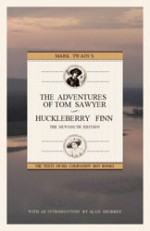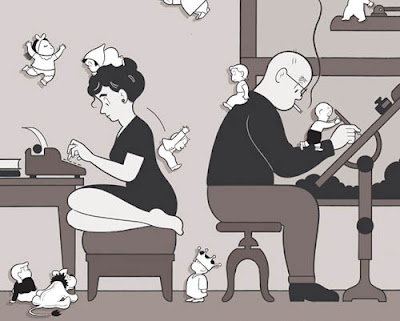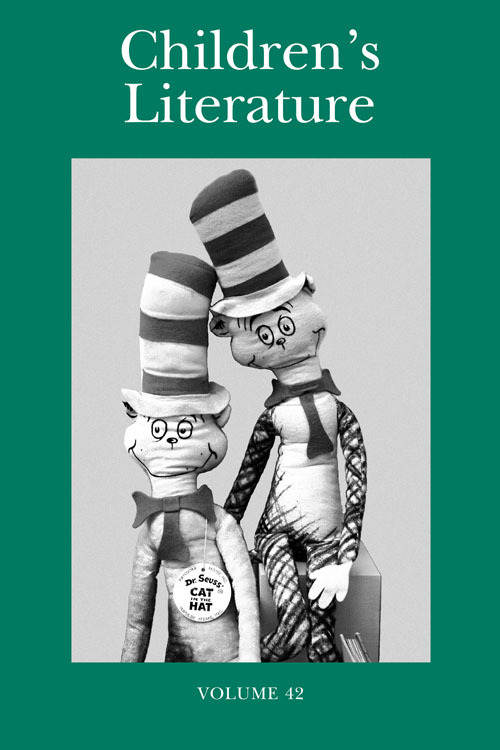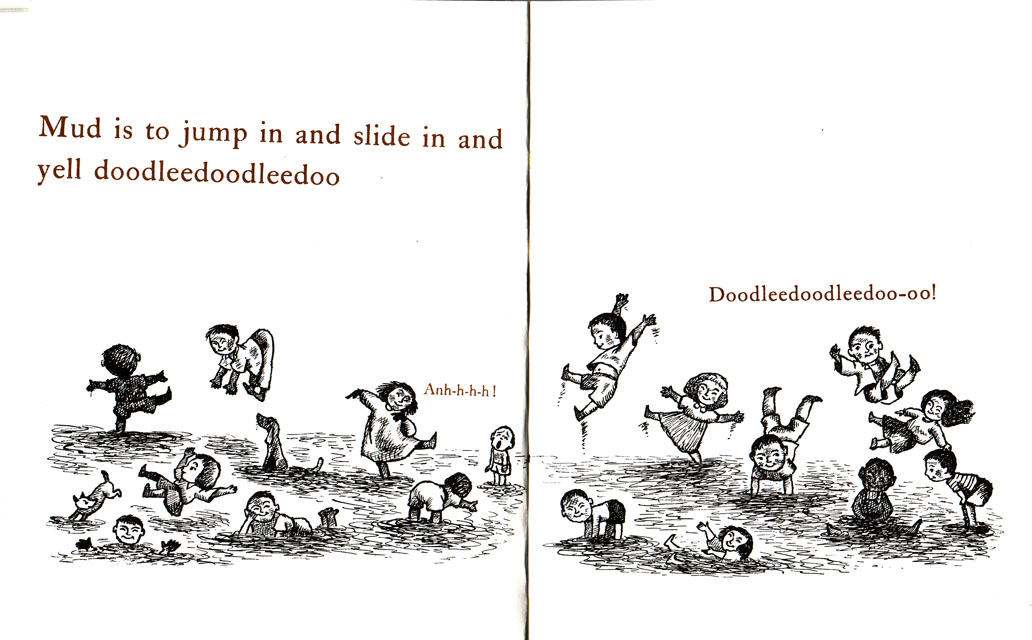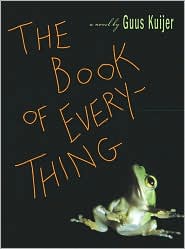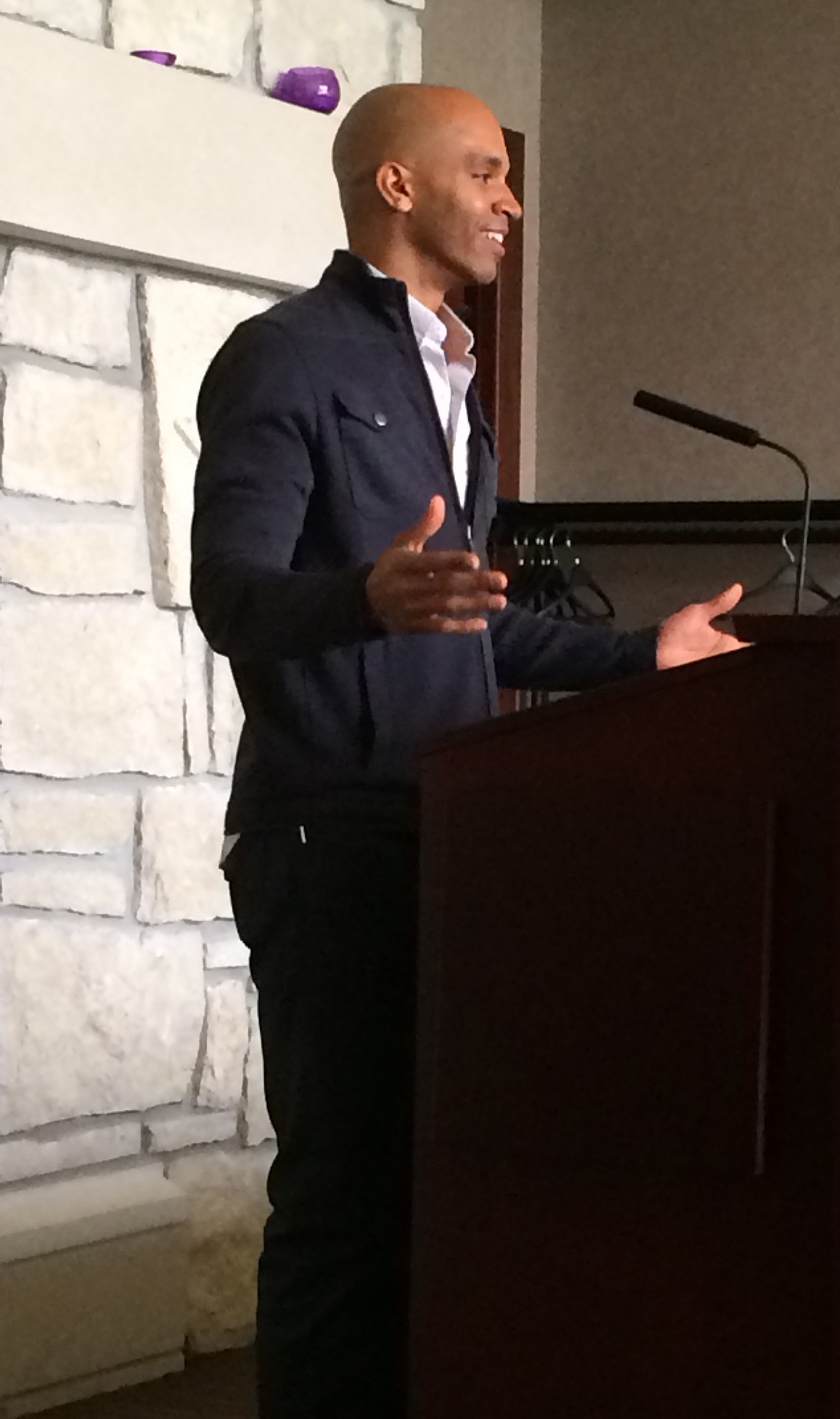On Reading the Expurgated Huck Finn; or, Why We Should Teach Offensive Novels
As you may recall, three years ago NewSouth Books published an edition of Mark Twain’s Adventures of Huckleberry Finn and Adventures of Tom Sawyer in which editor Alan Gribben replaced the n-word with “slave,” and the in-word (“Injun”) with “Indian.” Many (including yours truly) criticized Gribben’s decision, and most critics focused on Huckleberry Finn. But

